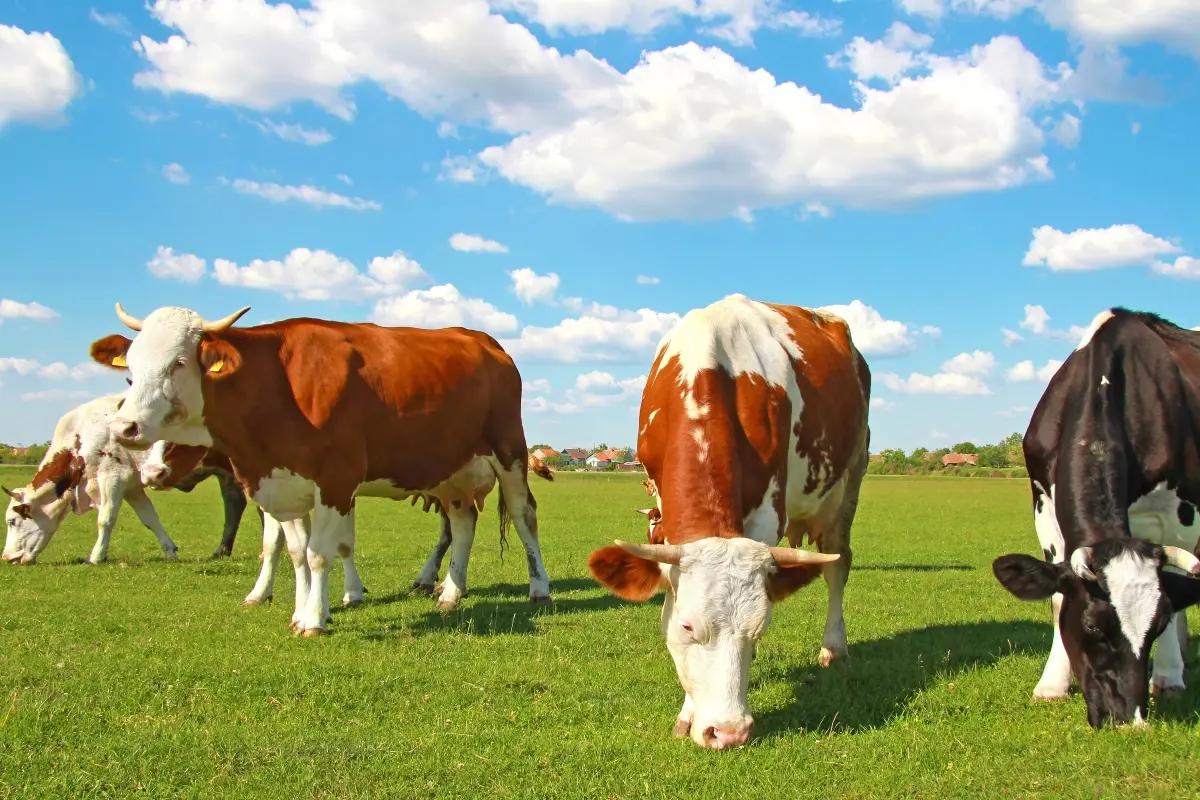
Do you want to access to this and other private contents?
Log in if you are a subscriber or click here to request service
Surprise: farming is a barrier to global warming
With the new metrics, in Italy 49 million tons of CO2 less in ten years / Attachment

Italian breeding contributes to combating global warming and mitigating climate change. This is in summary the result of the work of a team of Italian researchers, who have recalculated the emissions of our country's livestock sector using a new metric proposed by a group of atmospheric physicists from Oxford, and published in Nature."The introduction of these new metrics due to the work of the pool...
lml - 29407
EFA News - European Food Agency
EFA News - European Food Agency